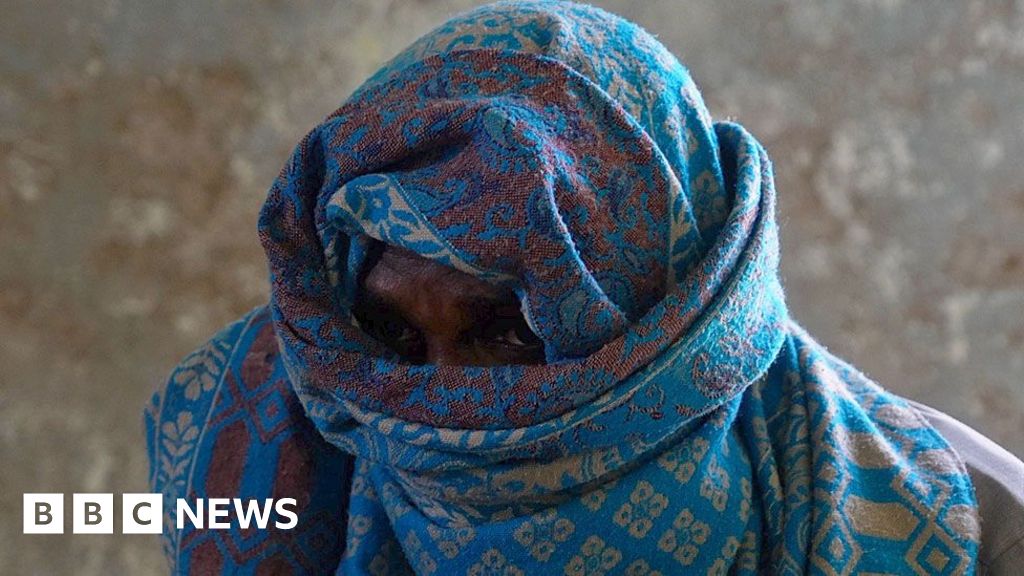Foreign investors sold off about N355.74bn worth of stocks on the Nigerian Exchange Limited in the first eight months of 2024, data from the NGX has revealed.
According to the August Domestic & Foreign Portfolio Investment Report of Nigerian Exchange Limited, foreign outflows from the market exceeded inflows by about N56.01bn.
For the period under review, total foreign transactions stood at N655.47bn, which was about 194.22 per cent higher than the N222.78bn recorded for the same period last year.
Sell-offs by foreign investors were at their highest in April at N78.25bn, followed by May when they sold off about N69.41bn and June at N43.94bn.
Speaking on the trend, a long-time stockbroker, David Adonri, noted the unstable naira and high interest rate environment were making investors abandon the equity market.
He said, “The equity market reacts to so many things. The depreciation of the naira, which is around N1,700, of course, would impact the market. The foreign exchange position can make people exit the market and convert to hard currency, which is stronger, possibly to come back to the market when they see an improved currency level. That is what we call carry-over trade.”
On other factors, Adonri, who is the Vice Chairman of Highcap Securities Ltd, added, “We also have the hike in the interest rate, which also causes financial assets to migrate away from the capital market.
“Third, we are in the period of the year, where seasonally, the market is a little bit down because there is nothing specific to drive the market like full-year results or half-year dividends and so on. So we slide to a low tempo from September up to November until after Christmas the market starts trending up again.”
Analysts at Meristem Research described the exit of investors as a capital flight prompted by the unstable naira.
“While the current high-yield environment could boost investor sentiment and attract more FPIs in the short term, ongoing FX market volatility and persistent macroeconomic challenges may suppress foreign direct investment inflows. Thus, these present downside risks to our near-term outlook for capital importation,” the analysts said.
The Central Bank of Nigeria has raised the benchmark interest rates five times this year, hiking it by 50 basis points to 27.25 per cent in September.
The Nigerian capital market has been dominated by domestic investors since the COVID-19 pandemic, which saw the exit of foreign investors.
However, domestic and foreign investors cut their investments in the equity market in August.
The NGX report indicated that as of August 31, 2024, total transactions at the nation’s bourse decreased by 22.80 per cent to N379.52bn from N491.61bn in July 2024.
The performance of the month under review when compared to the performance in August 2023 (N262.56bn) revealed that total transactions increased by 44.55 per cent.
Total domestic transactions decreased by 25.81 per cent month-on-month from N434.09bn in July to N322.05bn in August 2024.
Similarly, total foreign transactions decreased marginally by 0.09 per cent month-on-month from N57.52bn to N57.47bn between July and August.
Meanwhile, the National Bureau of Statistics’ capital importation report for the second quarter of the year revealed that portfolio investment, which comprises equity, bonds and money market instruments brought in about 10.37 per cent ($106.85m) of the total capital inflow of N1.03bn.
A breakdown showed that investment in equities declined by 96.17 per cent to N8.52bn compared to the previous quarter and 33.01 per cent year-on-year.
Within the same period, the bond market saw plenty of action from foreign investors who poured in about N85.29bn.

 2 months ago
25
2 months ago
25















 English (US) ·
English (US) ·